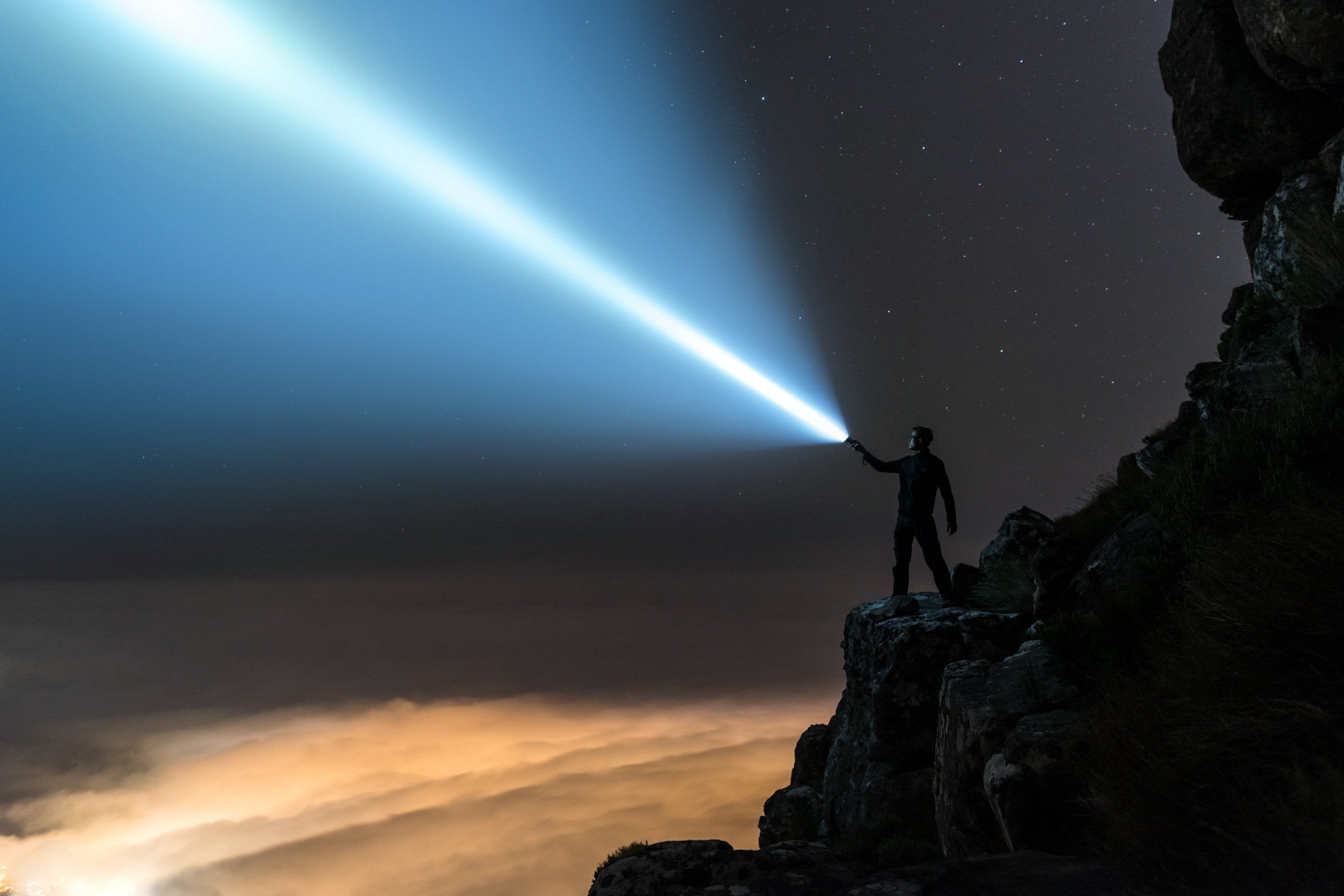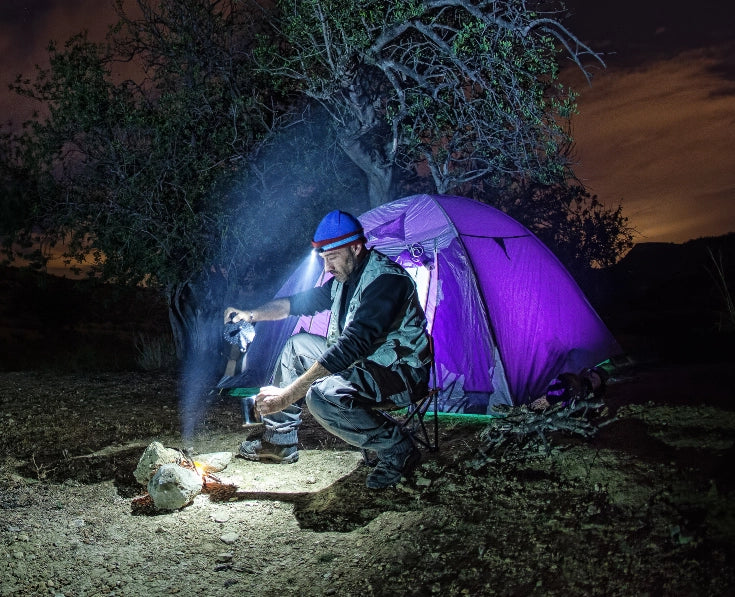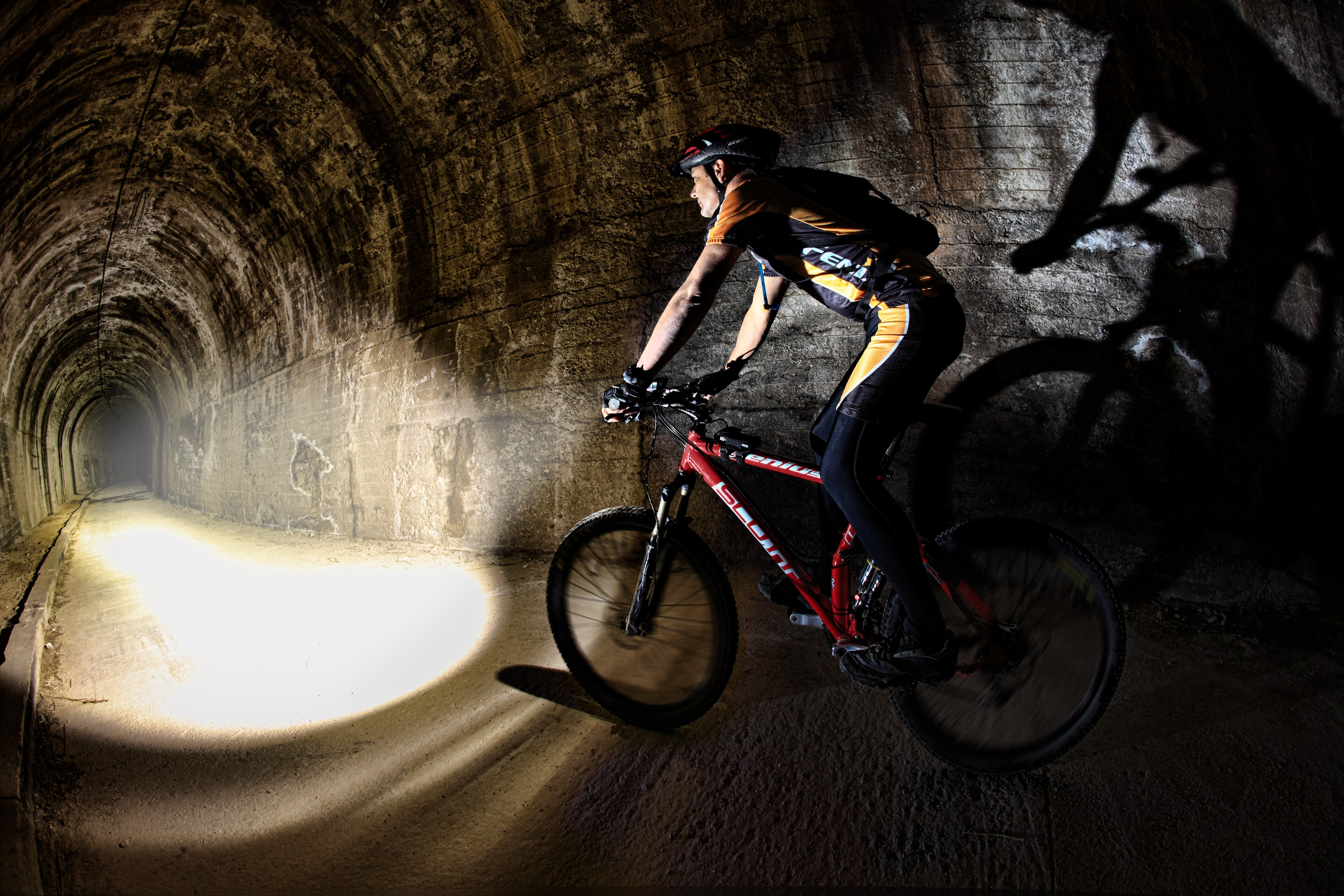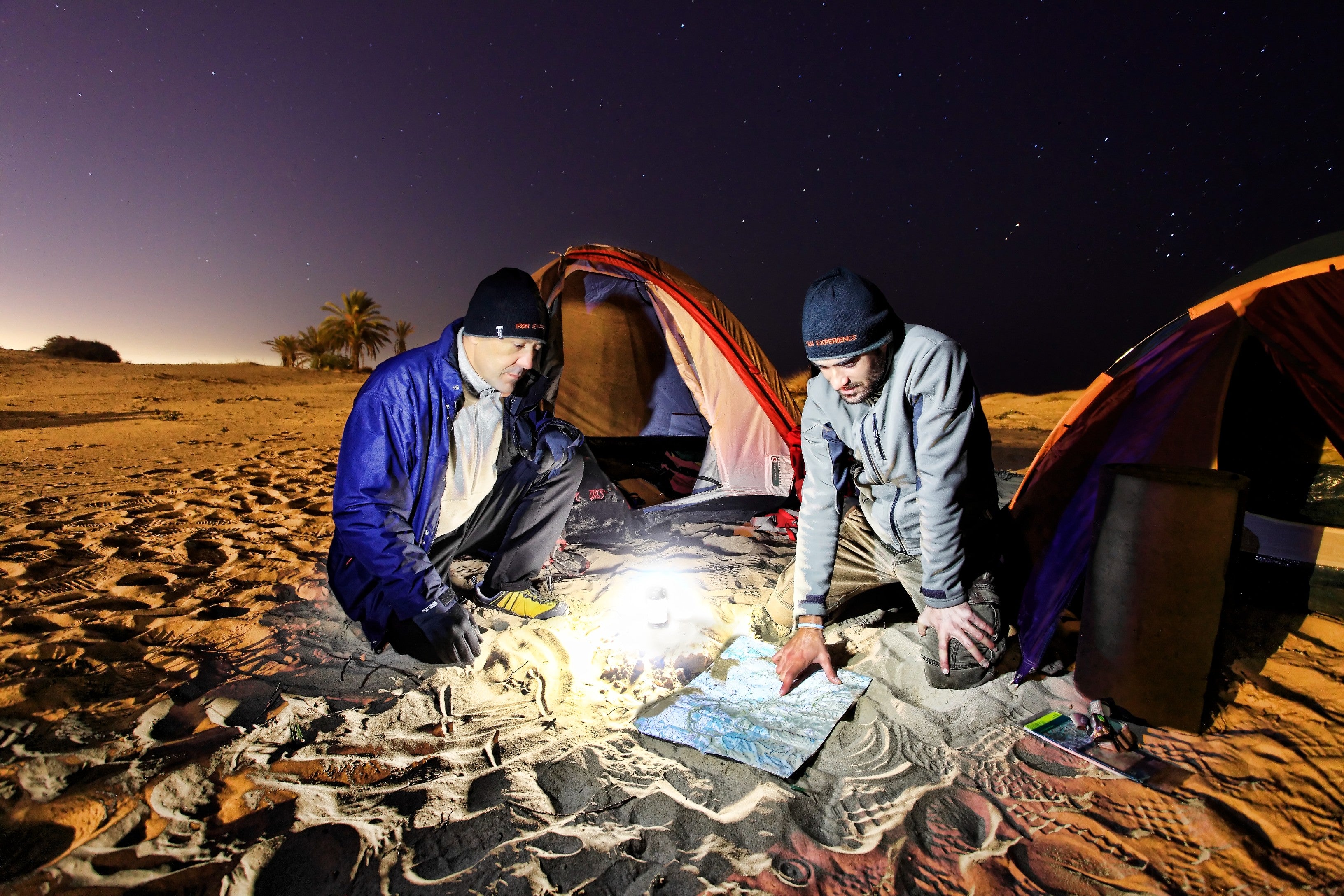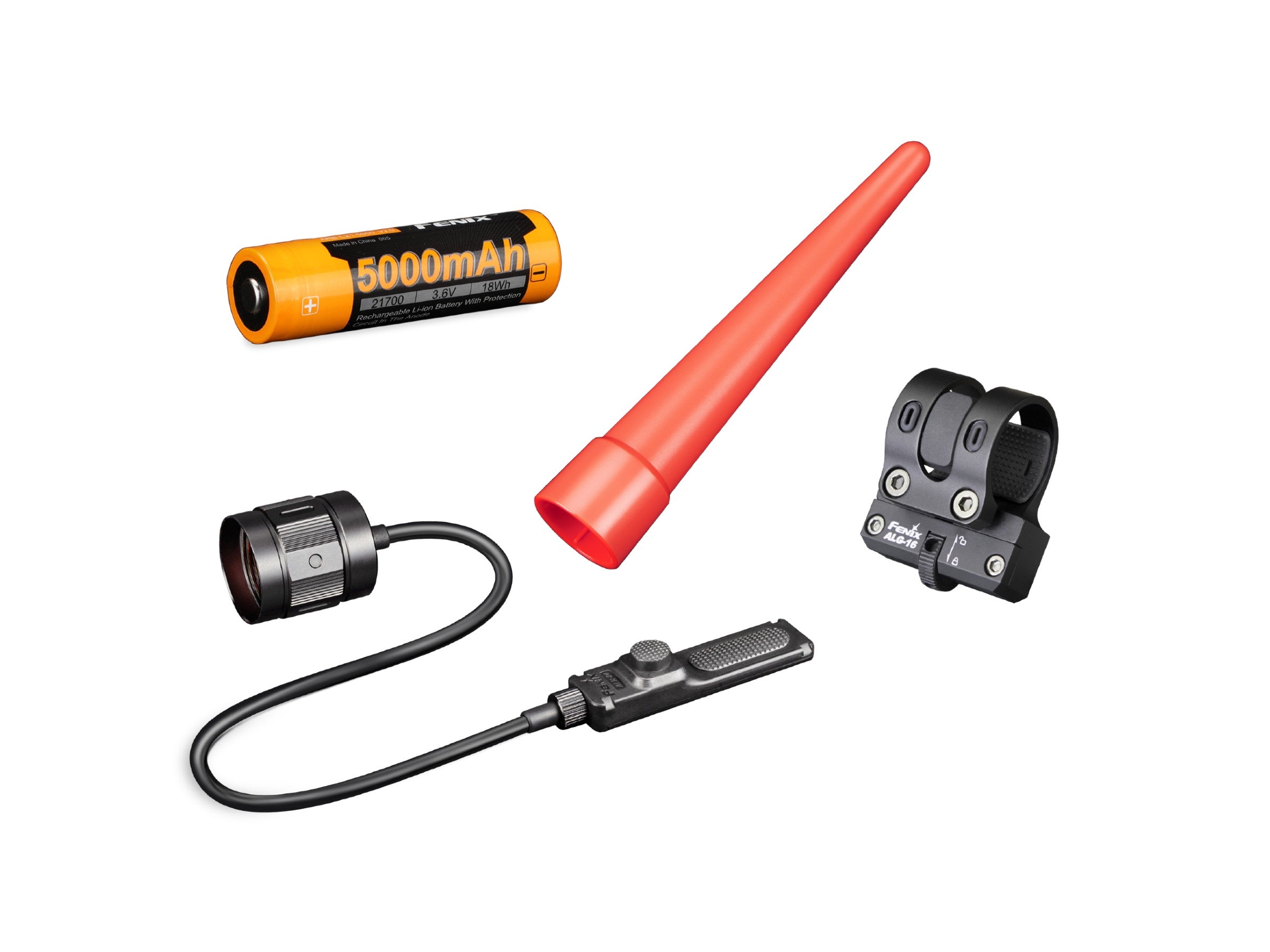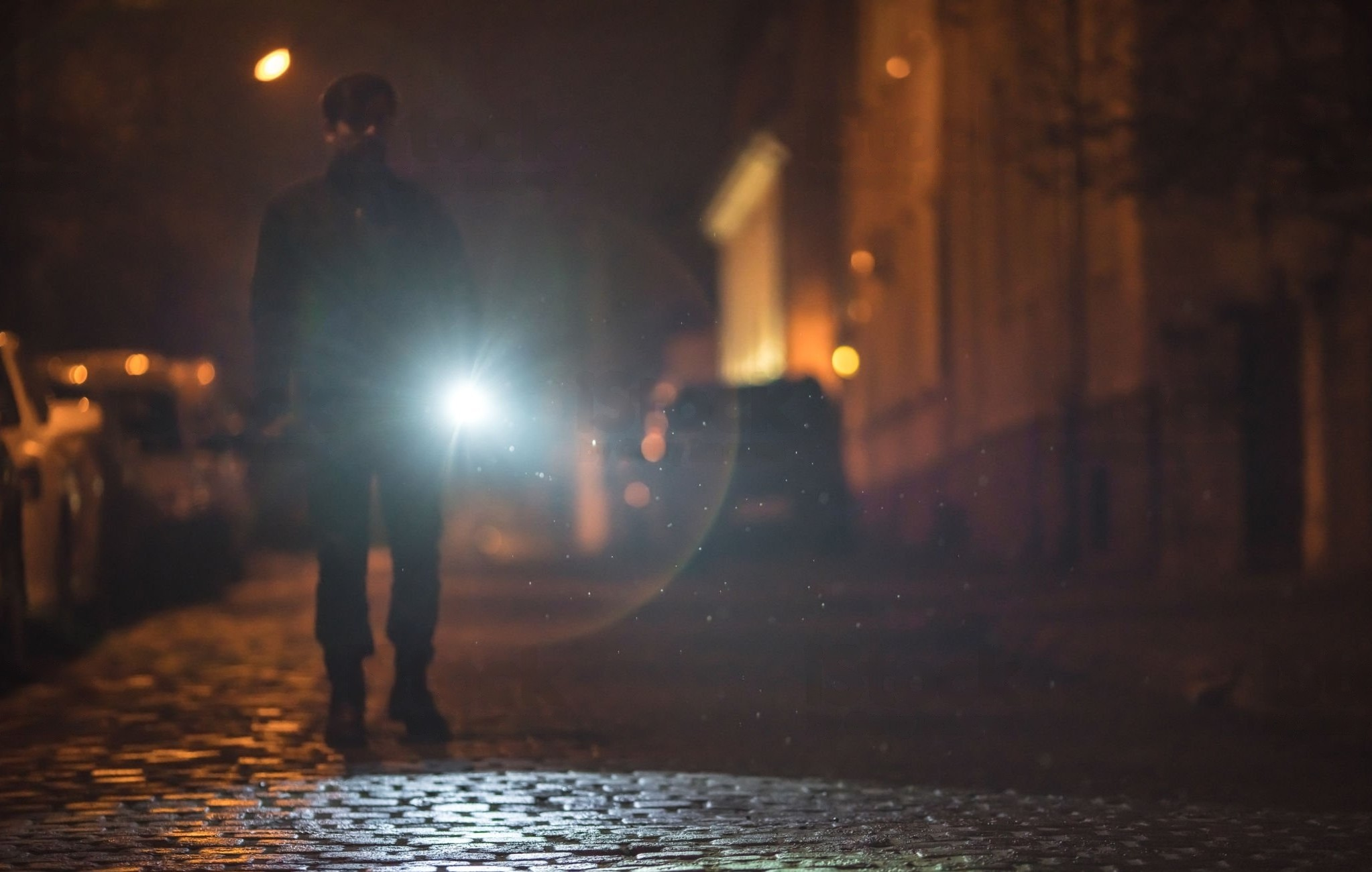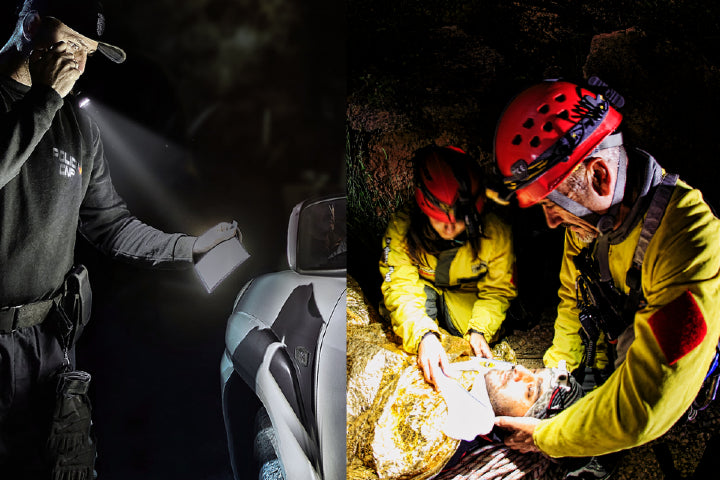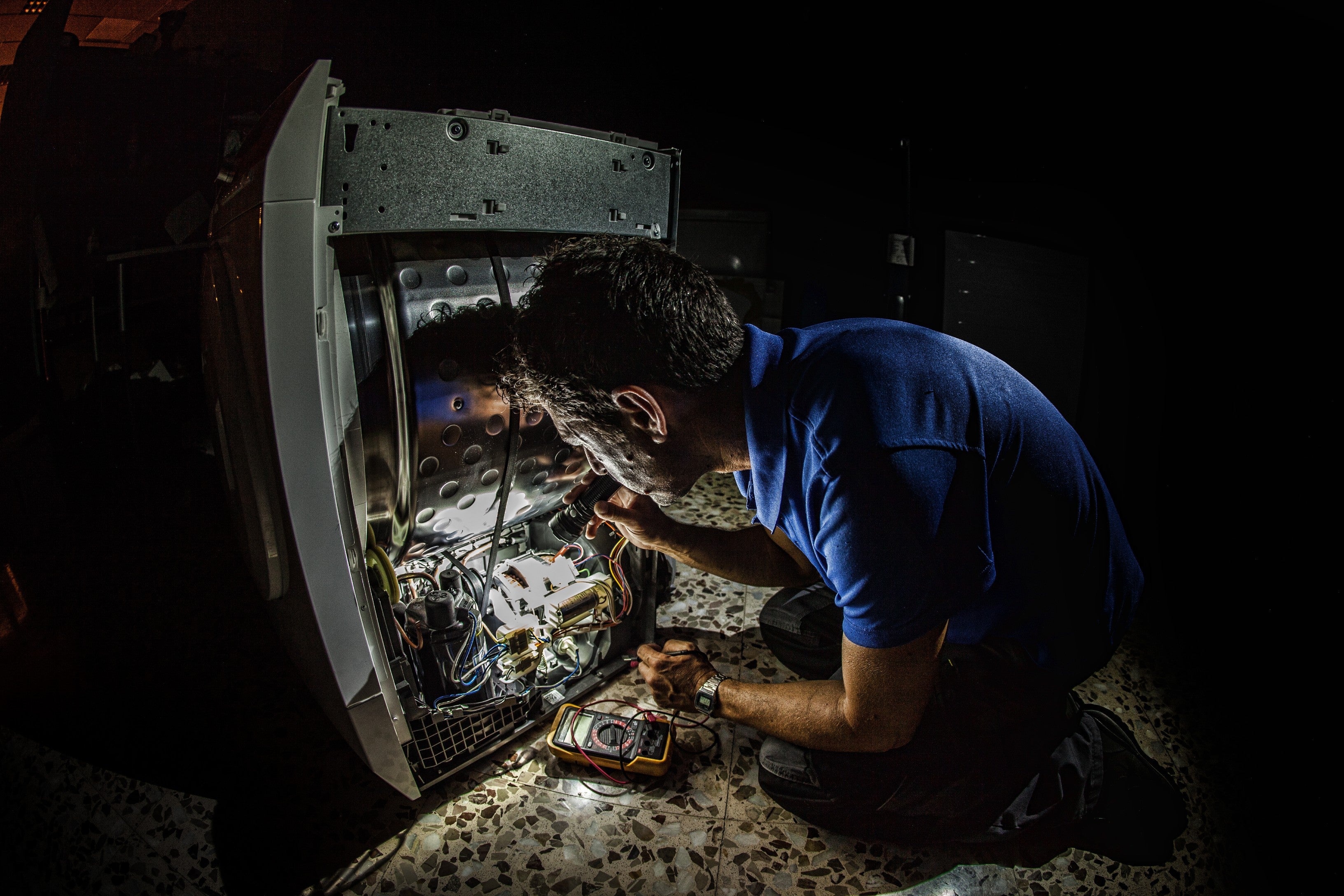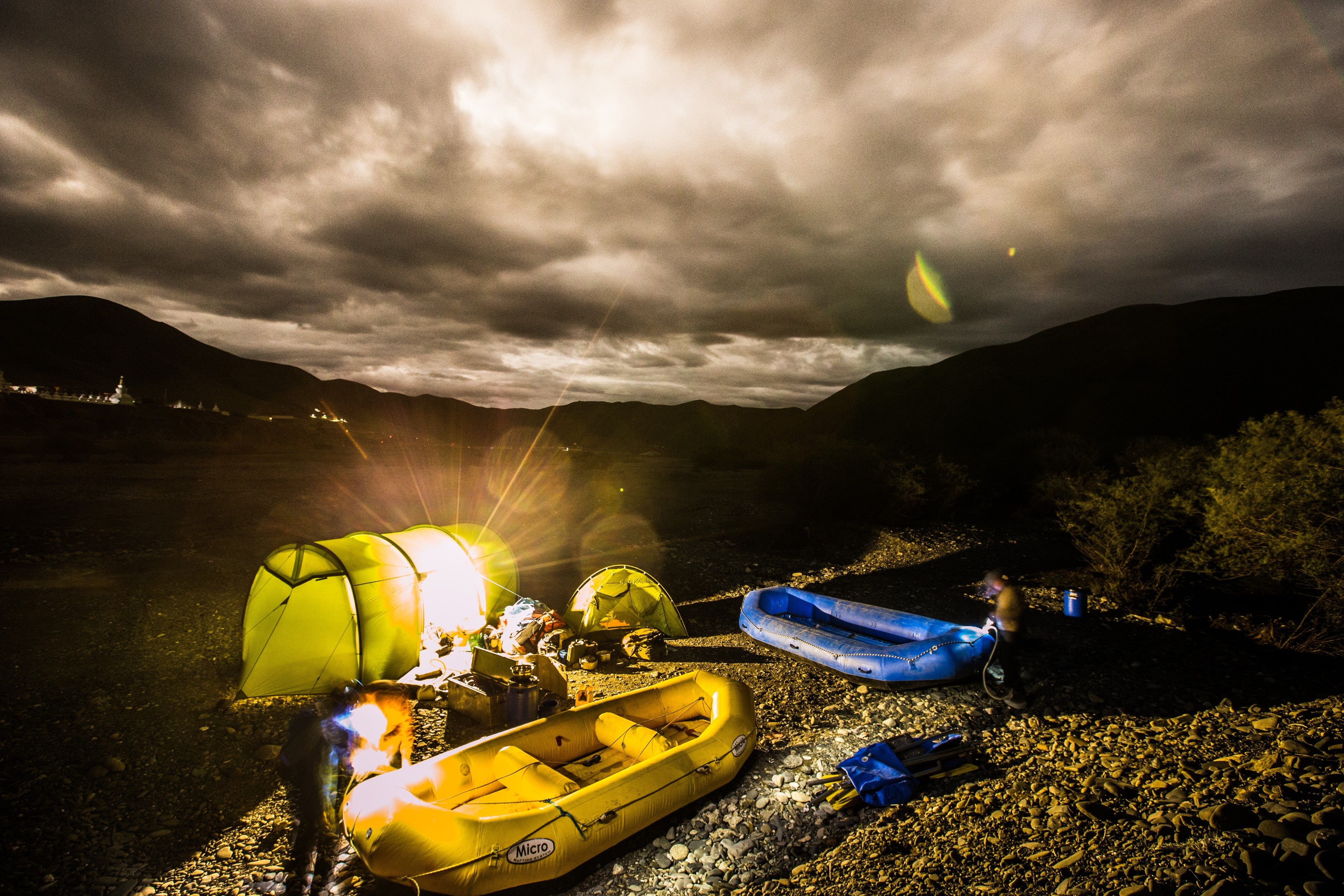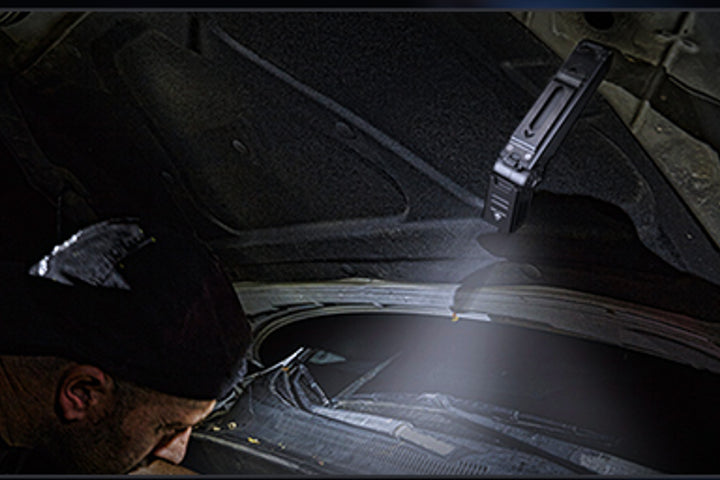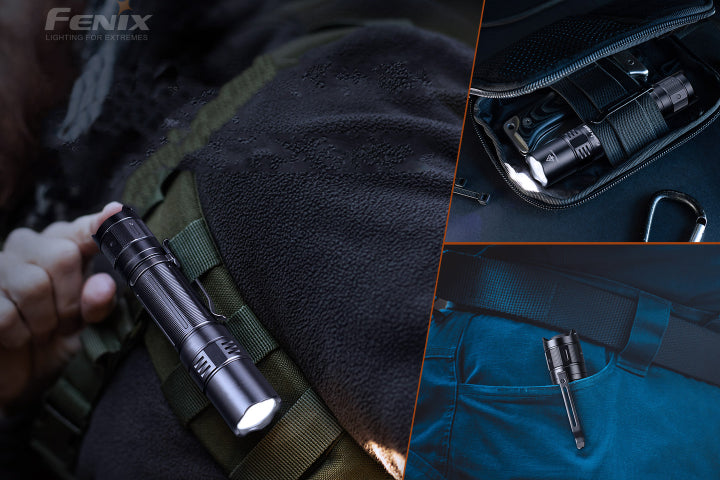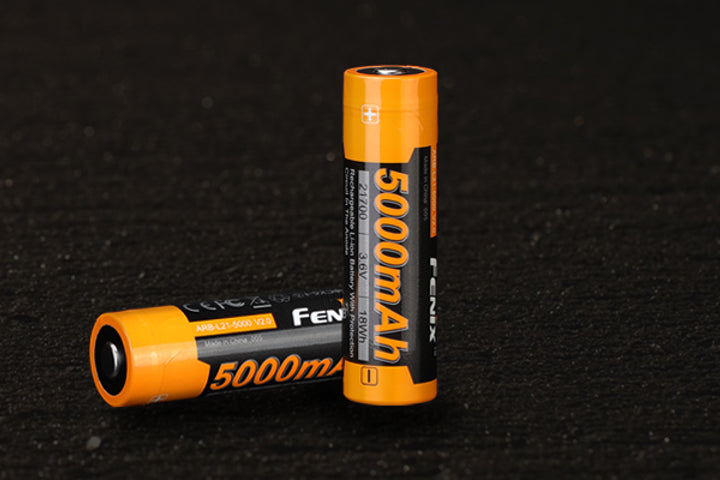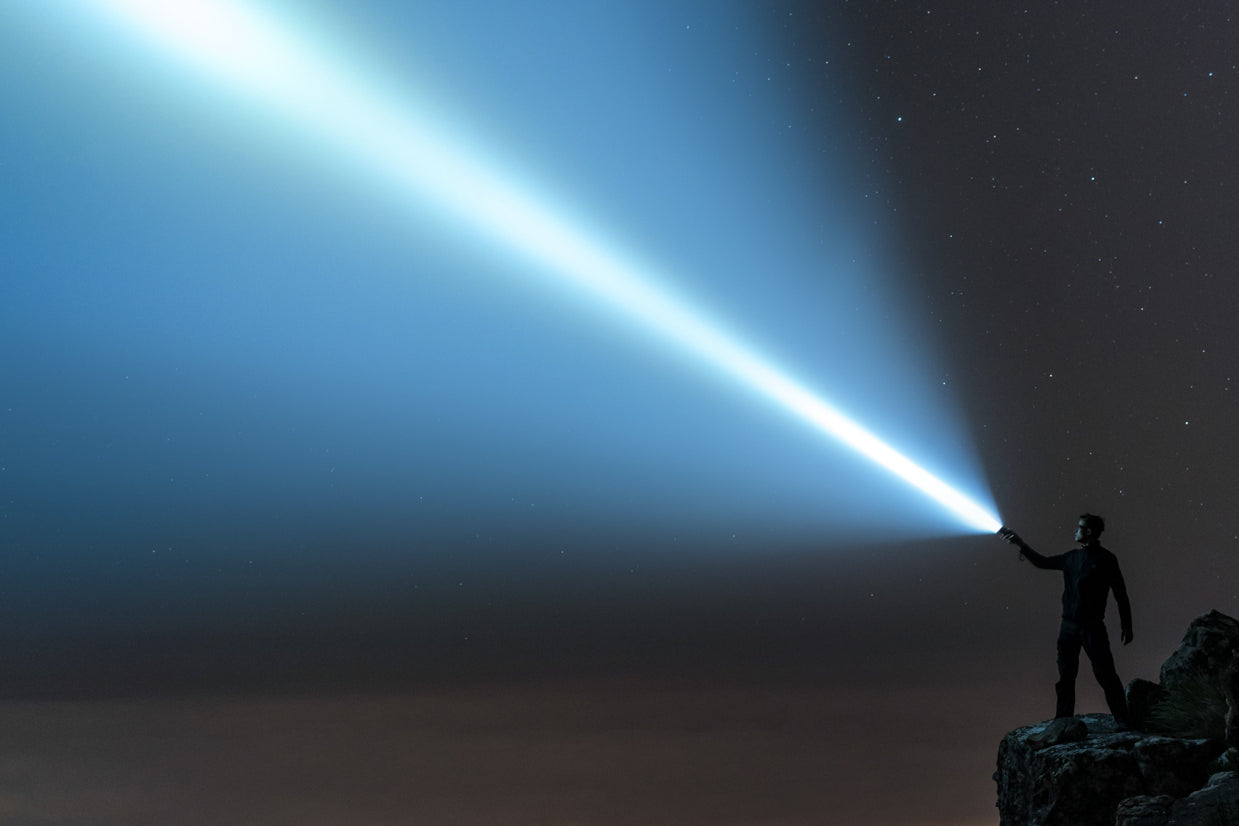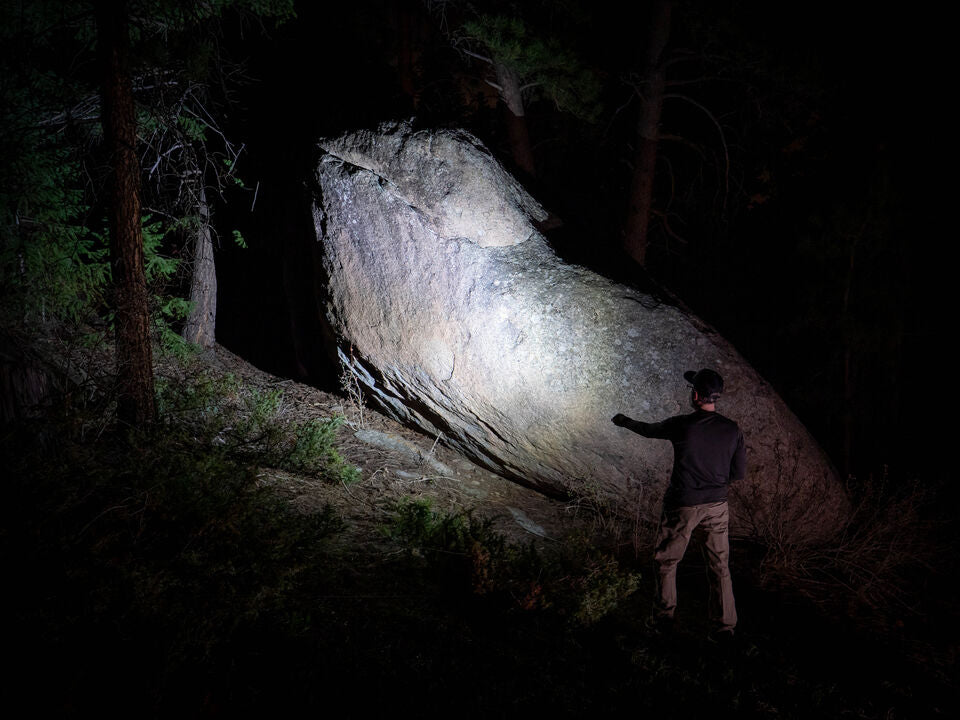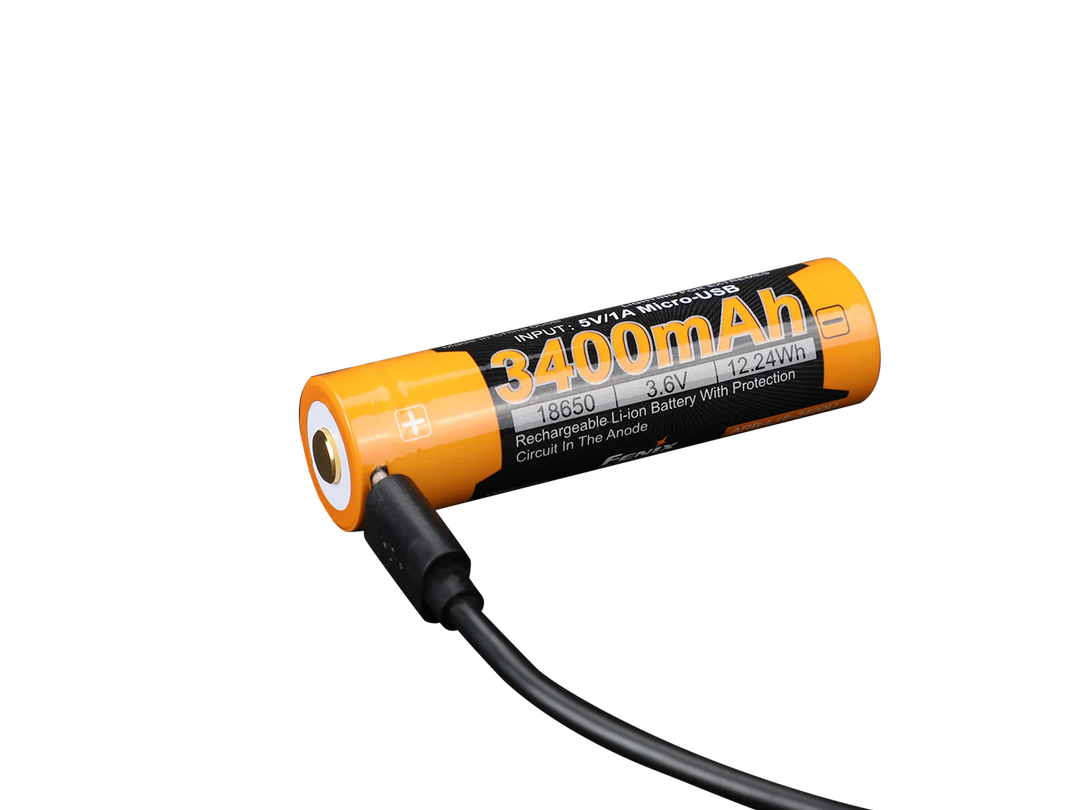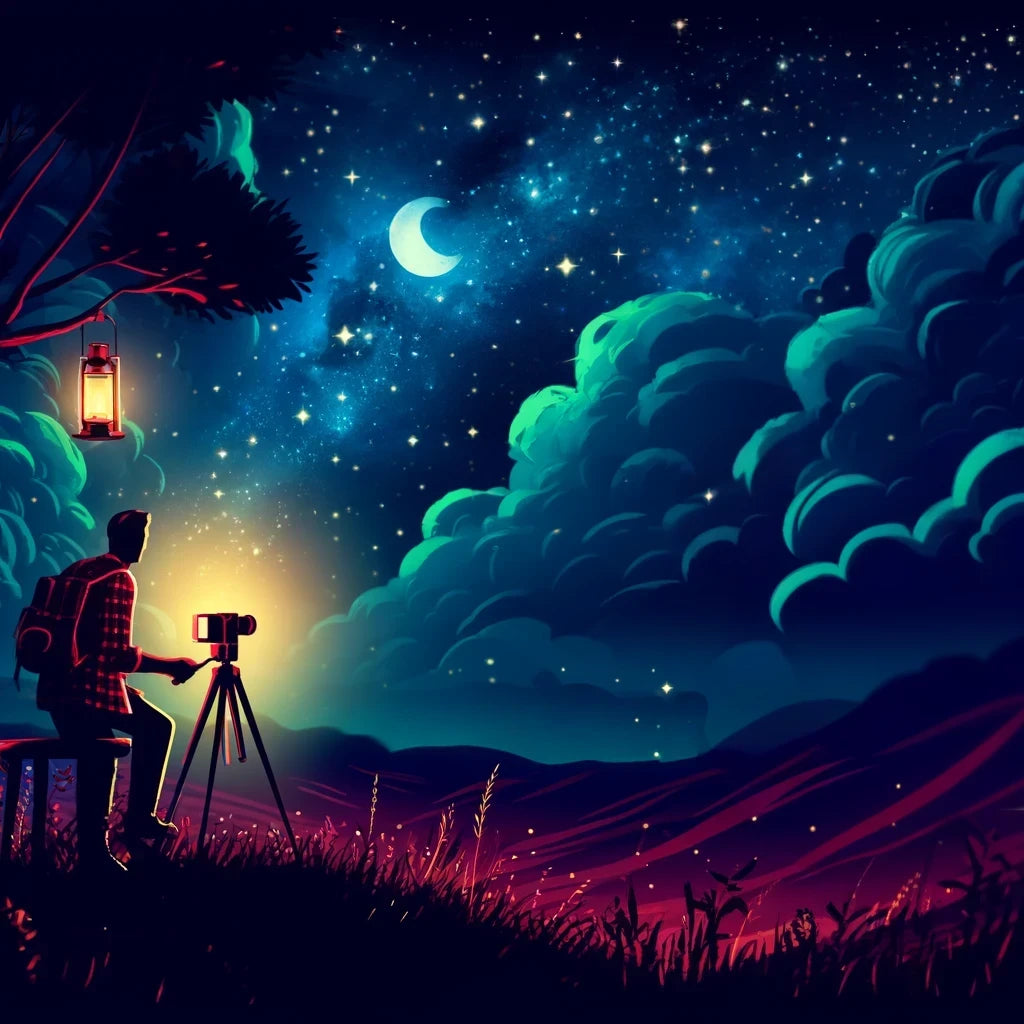8 Best Tips for Camping at Night
Unless you were born with night vision, odds are you have trouble seeing clearly in the dark. Understandably, this can make your camping trip difficult to navigate without access to proper knowledge and equipment.
Not sure where to begin? We’re here to help! Below, you’ll find all the tools and information you need to become the happiest camper around.
How To Be a Happy Camper
Last year, more than 93.8 million North American households considered themselves campers. Clearly, camping is a wildly popular activity in which families can enjoy quality time with one another without the distractions of everyday life. Although, members in your group must understand how to protect themselves from challenges faced while exploring their natural surroundings.
Luckily, your next adventure doesn’t have to involve jumping through hoops to educate your friends and family.
7 Tips for Camping at Night
Whether you’re a seasoned camper or it’s your first time sleeping in the great outdoors, here’s 8 night camping best practices you’re going to need for a successful stay with Mother Nature.
1. Plan Ahead
The first secret to making your camping trip a success is planning ahead. It’s important to book your shelter or campsite in advance so you can make sure necessary amenities will be available.
In order to choose the perfect campsite for your group as a whole, consider each person’s:
- Age
- Physical abilities
- Medical needs
Making a mental note of this kind of information will not only help you choose the best campsite but also prepare for other aspects of your trip.
Keep in mind, hosting children at your designated campsite can be a key factor when considering the perfect location for your outdoor adventure.
As you plan ahead, make sure each child in your group understands how to respond to potential problems and what to do in the event they are separated from you.
2. Be Alert & Aware
One of the most important tips for camping at night is to stay alert.
By simply being aware of your surroundings and understanding the terrain, you’re already way ahead in the event of an emergency!
And even better, the entire group should familiarize themselves with your location, the nearby paths, and a map if you have one. To remain alert and aware, you should:
- Set up camp in the daylight; this helps to avoid hazards like hills, cliffs, anthills, animal nests, etc.
- Locate nearest water, paths & amenities for easy future access
- Check the weather forecast; be mindful of expected weather so you know how to prepare for rain, snow, high heat, etc.
Pay attention to your physical needs; get sufficient sleep and limit alcohol to ensure your ability to solve unexpected problems.
The responsibility of your group’s wellbeing can be determined by how closely you pay attention to the area around you. Make it your priority to keep your eyes and ears open during your stay in the wilderness.
3. Bring Survival Kit
Even if you consider yourself an expert camper, you should always prepare for the worst case scenario.
You’ll never regret packing an extra couple items that could mean the world in an emergency situation. If you pack smart, your backpack can be plentiful AND compact while keeping your group safe until help arrives.
In your emergency survival kit, be sure to include:
- Water purifying tablets
- Flashlights
- Extra batteries
- A sharp knife
- Waterproof matches
- First aid kit
While creating your survival kit, take into consideration any emergency materials specific to the members in your group as well (ex: inhaler, extra medication, pain killers, etc.)
For extra caution, it’s smart to sign up for First-Aid training so you know how to use the tools in your emergency kit.
4. Bring Appropriate Gear
Like any event or trip, your packing list will depend on the weather, activities, excursions and specific group members’ needs.
Staying outdoors overnight requires special gear to stay warm and see your surroundings.
Some fool-proof items that every camper must consider are:
- Clothing layers for warmth and insect protection
- Extra blankets
- Heavy sleeping bag
Bringing extra clothing layers and blankets will ensure that you can keep warm, especially if the weather swings 20-30 degrees from day to night.
Without appropriate camping equipment, it will be difficult to keep your group safe during your stay. Do not skimp on quantity or quantity when considering which gear is appropriate for your camping trip.
In addition to what you bring, you must also be mindful of what you leave behind. Follow the 7 Principles of Leave No Trace while camping to have a minimal impact on your surroundings.
5. Light Up Your Campsite
Properly lighting your campsite is arguably the most important aspect of preparing for your camping trip. Once you lose daylight, you’ll want to have the best lighting tools easily accessible and ready for use: flashlights, lanterns and headlamps.
The best lighting supplies for your trip includes:
Bringing several hand-held flashlights is key for navigating the dark and having an easily transferable light source.
Rechargeable and small enough to fit in your pocket, the Fenix E18R V2.0 is our favorite flashlight for your night-time campsite. This model’s far beam distance, technical design and ability for one-hand use make it perfect for any outdoor night time activity.
When you’re planning for a camping trip, lanterns are non-negotiable. Having several lanterns at your campsite is one of the easiest ways to provide area lighting after sundown.
Our favorite lantern is the Fenix CL26R. This model is durable, rechargeable and effortlessly provides lots of light. It’s small size and lightweight feel makes it perfect for both stationary and mobile use.
Pro-tip: hang the Fenix CL26R from your tent or a near-by tree for some overhead lighting!
If you’re working with your hands, you’ll undoubtedly need a headlamp. Whether you’re building a fire or cooking a meal, using a headlight will free up your hands and provide you with the light you deserve.
One of the best headlamps on the market is the Fenix HP25R V2.0. This tool’s versatile nature allows for multi-purpose use providing you with campsite lighting and all of your favorite activities. Designed to function properly, this model is lightweight, reliable and easily adjustable.
Not only will these tools provide you with the most reliable source of high-quality lighting, but they could save you in the event of an emergency. If you lose a valuable item or member of your party, the lighting supplies listed above will be key in resolving the situation.
6. Practice Fire Safety
Nearly 85% of wildfires in the United States are caused by humans.
But just because fire is a safety hazard doesn’t mean you need to skip everyone’s favorite camping activity – s’mores anyone? How are you going to make s’mores without a fresh, fire-roasted marshmallow?
When building your fire, make sure your location is contained in a distant, designated area. Do not place your fire near any tents, clothing or flammable materials as this may result in losing control of your fire.
Once you’re ready to retire for the night, make sure your fire has been tamed and fully extinguished before settling in your tent.
For more tips on how to maintain and extinguish your campfire, click here.
7. Be Aware of Wildlife
Spending time in the wilderness means living amongst wildlife. Be sure to thoroughly research the general area of your campground and the types of animals that thrive there. By doing so, you’ll learn how to keep yourself, your group and local wildlife safe.
In addition to conducting area specific research and ways to prevent specific animal attacks, you should always:
- Avoid approaching, feeding or touching any wild animals; this raises health risks for all involved
- Bring supplies that can help you defend yourself in an encounter with wildlife; Bear repellent and bug repellent can be a blessing in an unexpected confrontation
- Keep all food and in secure, airtight locations to avoid any smells attracting wild animals to your campsite
- For more tips on how to securely store your food, check out this video:
If you do come into unwanted contact with wild animals, be sure to wash your hands with soap and water or hand sanitizer as soon as possible. Doing so will minimize risk of becoming ill due to germs carried by the animal encountered.
8. Stay Hydrated
Lastly, you must make sure that you and your group are drinking plenty of water during your visit. Making sure you’re hydrated can prevent a number of health issues you’ll want to avoid while you’re exploring the wilderness. In addition, many activities associated with camping make it very easy to become dehydrated.
Whether you’re hiking or relaxing in high or low temperatures, do not wait until you become thirsty to hydrate as thirst is a sign of dehydration. On average, it’s recommended that campers drink two liters of water per day at minimum to maintain a healthy level of hydration.
Lookout for yourself and the members of your group by reminding everyone to drink water. For information on how to cleanse your drinking water, learn more about water treatment options while hiking.
Start Packing
Getting ahead of preparing your survival kit is a great way to make sure you have the right tools for a great camping experience. Fenix Store can help you get started on choosing the best camping gear today.
Contact us now for more information!
